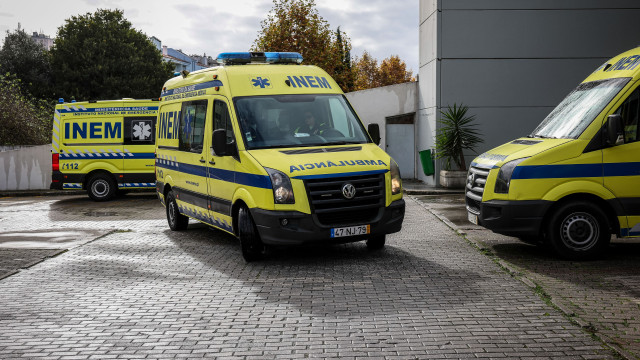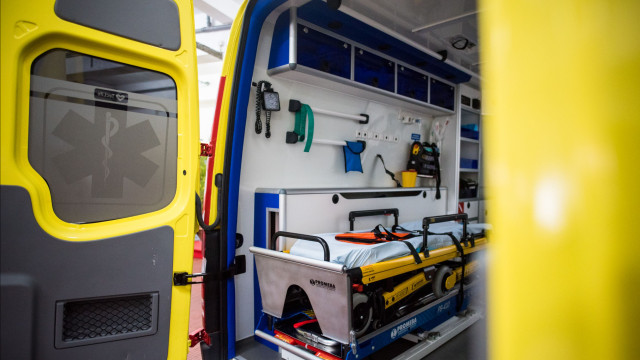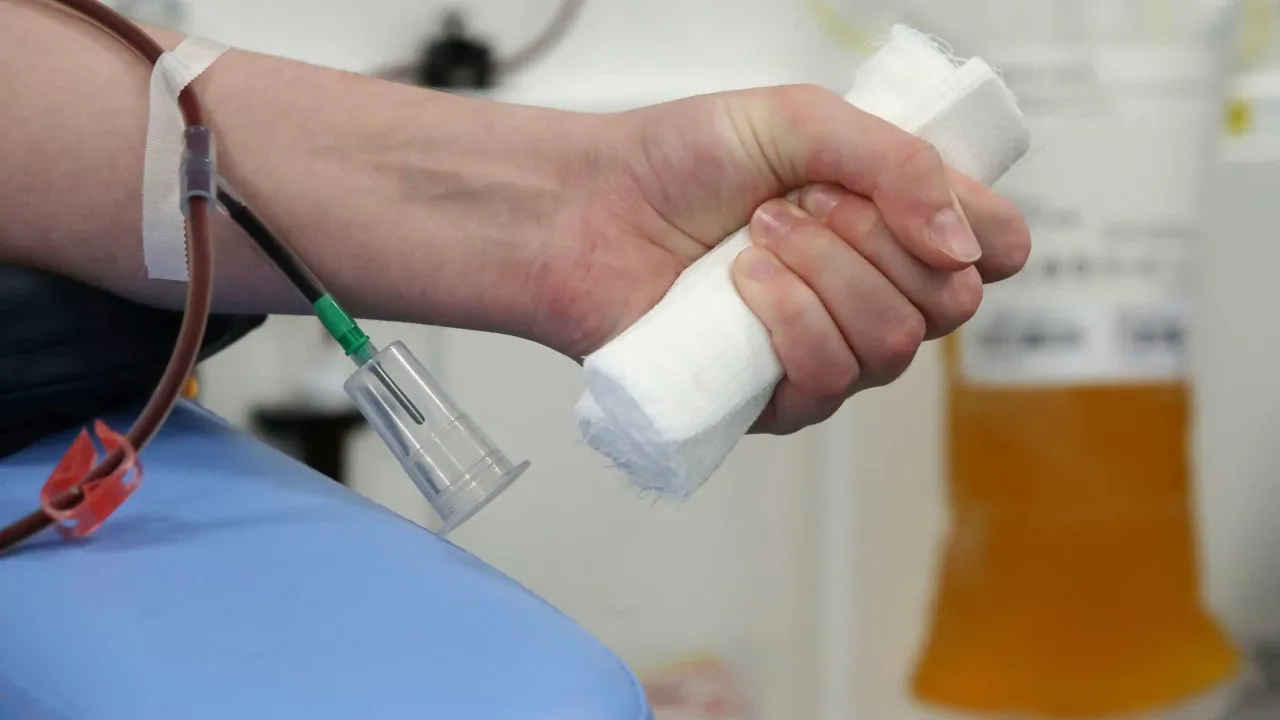The strikes by pre-hospital emergency medical technicians at INEM in October and November last year caused delays in medical responses.
During this period, at least 12 deaths were recorded, prompting the Health Activities General Inspection (IGAS) to initiate inquiries to determine possible links between response delays and the fatalities.
Of the investigations IGAS opened into these 12 deaths, six have been concluded so far:
A 86-year-old man died of a heart attack on October 31 in Bragança.
IGAS concluded that, after INEM took 1 hour and 20 minutes to arrive, the patient might have survived if assistance had been immediate, but workers were not blamed.
It was considered that the patient, who died of a myocardial infarction, had a probability of survival, albeit low.
This probability of survival “would always be conditioned on the immediate initiation of basic life support maneuvers.”
The patient had several comorbidities and a history of significant cardiovascular disease.
Despite INEM’s lack of timely response, IGAS stated that “it is not possible to hold CODU (Urgent Patient Operational Center) workers accountable, given the volume of calls waiting, redirected by the 112 Line.”

A 74-year-old woman died in the municipality of Almada.
Despite delays in call handling by CODU and the lack of available ambulances from the Almada and Cacilhas volunteer fire departments, IGAS concluded that there was no causal link between the response delay and the death since, “given the irreversible brain injury, the patient was not salvageable.”

A woman died in the municipality of Tondela on November 2.
IGAS concluded that despite delays between call handling and the activation of rescue resources by CODU, “there is no causal link” between INEM’s delay and the patient’s death.
The general inspection stated that it was “very unlikely” that any more timely maneuver would have had any chance of success, given the patient’s “significant cardiovascular pathology history.”

A 53-year-old man’s death in the municipality of Pombal on November 4 could have been prevented had there been timely aid, allowing for the patient’s transport via a Coronary Greenway to the nearest hospital for coronary angioplasty in its Hemodynamics Units.
The report was forwarded to INEM, for the board of directors to decide on the initiation of disciplinary proceedings against a pre-hospital emergency technician (TEPH) for indications of failure in aid, and on the continuation of a doctor’s services, considering the “severity of the facts in the victim’s aid.”

An 86-year-old woman, resident in the municipality of Castelo de Vide, died on November 4 due to an extensive hemorrhagic stroke. IGAS concluded that despite the 1 hour and 19 minutes elapsed between the 112 call and the differentiated aid arrival, her prognosis was poor, regardless of the time taken to start resuscitation maneuvers.
The case was closed.
A 77-year-old man died in the municipality of Vila Real de Santo António on November 4 due to acute ischemic heart disease – acute myocardial infarction.
IGAS found the fatal outcome “irreversible” as cardiorespiratory resuscitation maneuvers should have been performed immediately or within a 5-10 minute window.
Despite the 35-minute duration from the 112 call to the arrival of differentiated aid, the general inspection determined there was no causal link between the timing of the 112 call and the fatal outcome, as more than ten minutes would always elapse between dispatching the nearest resource and arrival at the location.
The case was closed.




